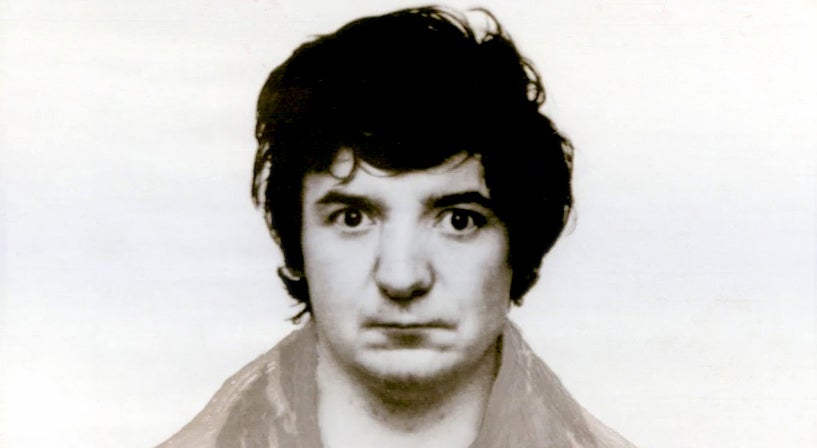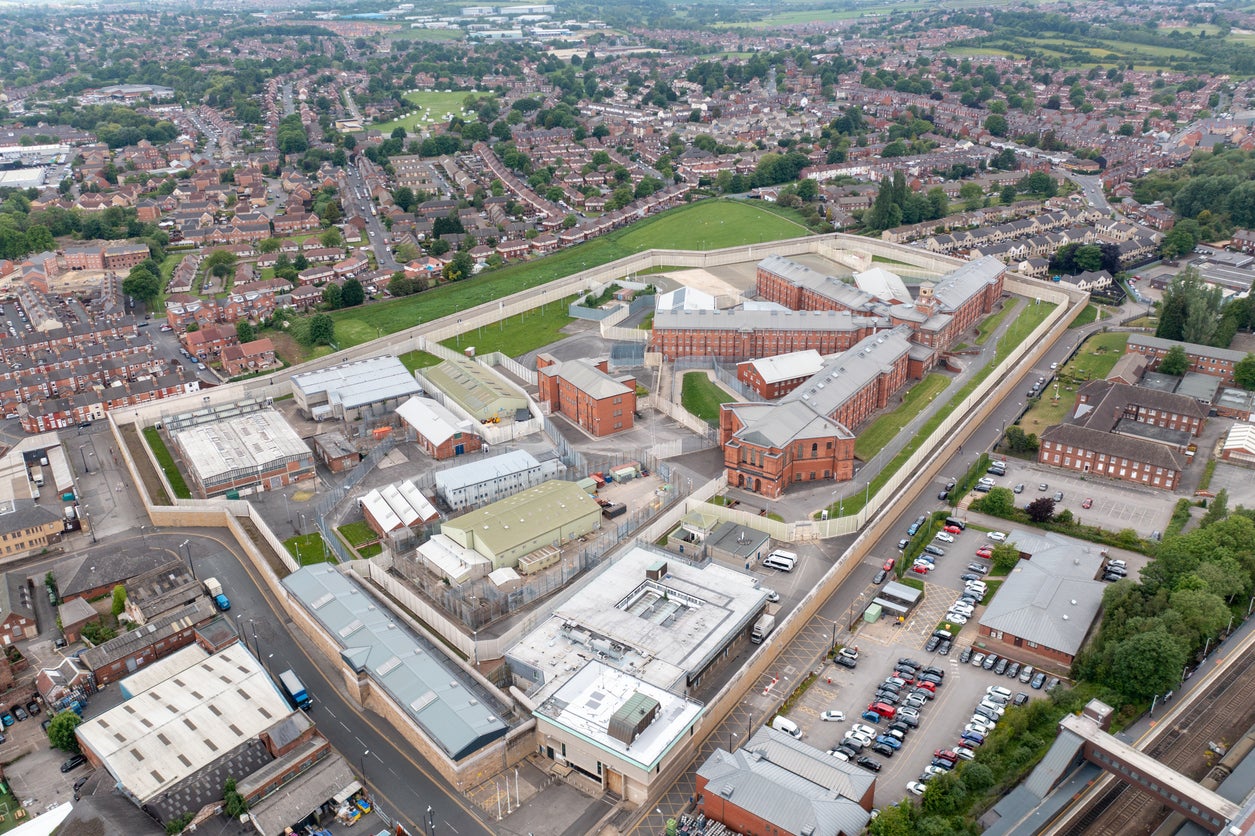ARTICLE AD BOX
Appearing at the Court of Appeal via videolink from HMP Wakefield, Peter Sullivan wept and held his head in his hands as he was acquitted of a murder which has seen him spend 38 years in prison.
The ruling on Tuesday is thought to have confirmed the 68-year-old as the victim of the longest-running miscarriage of justice in British history.
Mr Sullivan was aged 30 when he was sentenced to life with a minimum term of 16 years, after being found guilty of the 1986 murder of 21-year-old Diane Sindall in Bebington, Merseyside. Ms Sindall had been returning home from work as a barmaid when she was beaten to death and sexually assaulted, with her body left partially clothed and mutilated.
On Tuesday, three senior judges quashed his conviction after new DNA evidence saw the Criminal Cases Review Commission refer him back to the Court of Appeal, following two previous attempts to overturn his conviction, the first of which came in 2008.
The BBC reported that Mr Sullivan left West Yorkshire’s HMP Wakefield in a prison van shortly after 2:15pm on Tuesday, having spent a total of 14,113 days in custody.

Nicknamed “Monster Mansion”, HMP Wakefield – a category A prison, and one of just a handful which houses a close-supervision centre – has been home to some of the country’s most notorious inmates.
Those include former Lostprophets singer Ian Watkins, who was jailed for 29 years in December 2013, after admitting a string of sex offences – including the attempted rape of a fan’s baby. In 2023, he was reported to have been stabbed after being taken hostage by other inmates.
Charles Bronson, one of the UK’s longest-serving prisoners, has also spent many years at HMP Wakefield. In 2017, he married the late actor Paula Williamson at the prison. Three years earlier he was convicted of attacking governor Alan Parkins, while in 2018 he was cleared of allegedly assaulting his successor Mark Doherty.

Robert Maudsley, a killer known within the prison system as “Hannibal the Cannibal” is also housed at Wakefield, where he is reported to have killed two fellow inmates within weeks of being sent there in 1978. He is thought to have spent more time in solitary confinement than anyone else on record.
Notorious killer Harold Shipman, a former GP convicted in 2000 of murdering 15 patients, died by suicide in HMP Wakefield in 2004. Colin Ireland, a serial killer who was convicted in 1993 after torturing five gay men to death in the space of three months, also died at the prison in 2012, reportedly from pulmonary fibrosis.
Other former inmates include Ian Huntley, who was convicted in 2003 of the murder of schoolgirls Holly Wells and Jessica Chapman, and notorious serial killer Levi Bellfield, who was attacked by a fellow inmate at Wakefield in 2009.
Housing around 740 inmates, Wakefield was originally built in 1594 as a “house of correction”. While it was designated one of seven new “dispersal prisons” in 1966, in response to five high-profile escapes, most of its buildings reportedly date back to the Victorian era.
At the time of its most recent inspection in late 2022, nearly all of the prisoners held were serving over 10 years and nearly half were serving indeterminate sentences, including life and now discredited IPP sentences. Around 60 per cent of all inmates at that time had been convicted of serious sexual offences.

Inspectors said at the time: “Wakefield is an old establishment, with most wings resembling the traditional galleried institution familiar to the public mind. Some aspects of the prison’s infrastructure were showing their age, but in general the prison was clean and well-maintained, and nearly all prisoners were housed in individual and well-resourced cells.”
Wakefield has four residential wings – A, B, C and D – and nearly all cells at the prison are of single occupancy, according to the prison’s Independent Monitoring Board (IMB).
The main facilities include kitchens, snooker and pool tables, a gym, a library, an external exercise area and sports field, a chapel, education spaces, and a selection of workplaces.
Judging safety, respect and rehabilitation at the prison to be “reasonably good”, inspectors said in 2022 that they found insufficient standards only in the quality of purposeful activity offered to prisoners. But they noted: “In the context of the times and challenges faced by the prison system, this is one of the better inspections we have undertaken at an adult male prison recently.”
However, in their latest annual report, volunteers on the IMB warned in February of a decline in safety at the infamous prison, with a 123 per cent increase in the number of prisoner assaults on staff, which totalled 136 in the past year.
While inspectors praised the quality of prisoner-staff relationships in 2022 as a “continuing strength of the prison”, the IMB warned in February that a national effort to shore up recruitment gaps at struggling prisons – largely in the south – using more experienced officers at Wakefield and other northern jails was hampering levels of experience at the prison.
That criticism came after The Independent revealed that the use of this tactic to “paper over the cracks” of the prison staffing crisis had soared by nearly 350 per cent in the space of just four years, at a cost to the taxpayer of £16.2m in 2023 alone.



.jpg?trim=0,0,0,0&width=1200&height=800&crop=1200:800)





 English (US) ·
English (US) ·